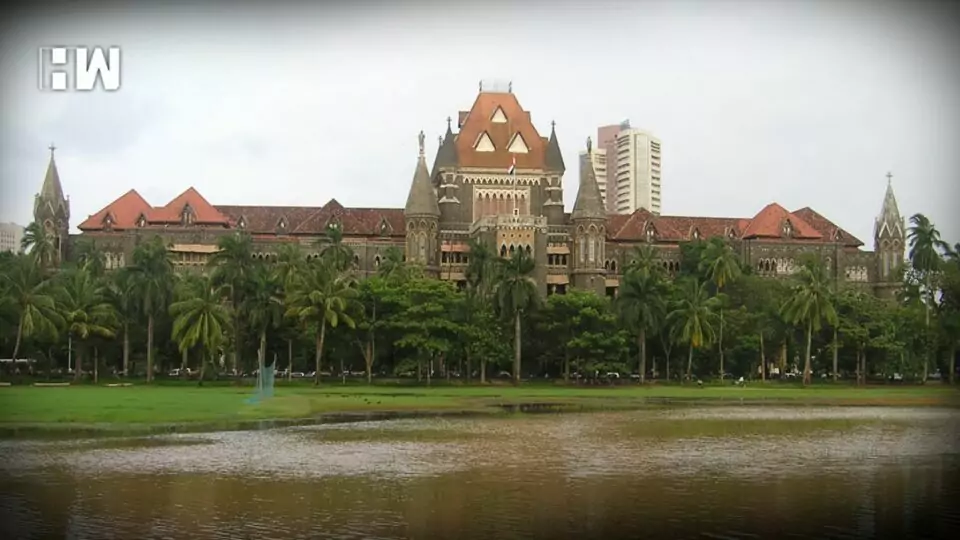Riyazuddin Kazi was arrested for his alleged role in the discovery of explosives in a vehicle near the residence of industrialist Mukesh Ambani and the destruction of evidence in connivance with Sachin Waze in the murder of Mansukh Hiren.
Mumbai: The Bombay High Court on Friday granted bail to suspended Assistant Police Inspector Riyazuddin Kazi who is currently lodged in jail in connection with the Antilia bomb scare case and businessman Mansukh Hiran’s death case in 2021.
Sacked policeman Riyazuddin filed a petition for bail in the Bombay High Court, on which the court has given its decision today, granting him bail for rupees 25,000. Kazi has to surrender his passport as part of the bail condition.
Also Read:“Should End ASAP”: Putin Over Russia-Ukraine War
Riyazuddin Kazi was arrested for his alleged role in the discovery of explosives in a vehicle near the residence of industrialist Mukesh Ambani and the destruction of evidence in connivance with Sachin Waze in the murder of Mansukh Hiren.
Kazi, like other accused policemen in the case, was dismissed from service after the NIA arrested him. However, like the other accused, he is not charged under the stringent UAPA, but under Section 120b (Conspiracy) 201 (Causing disappearance of evidence).
Further details are awaited.
(Except for the headline, this story has not been edited by HW News staff and is published from a syndicated feed.)
As an independent media platform, we do not take advertisements from governments and corporate houses. It is you, our readers, who have supported us on our journey to do honest and unbiased journalism. Please contribute, so that we can continue to do the same in future.

